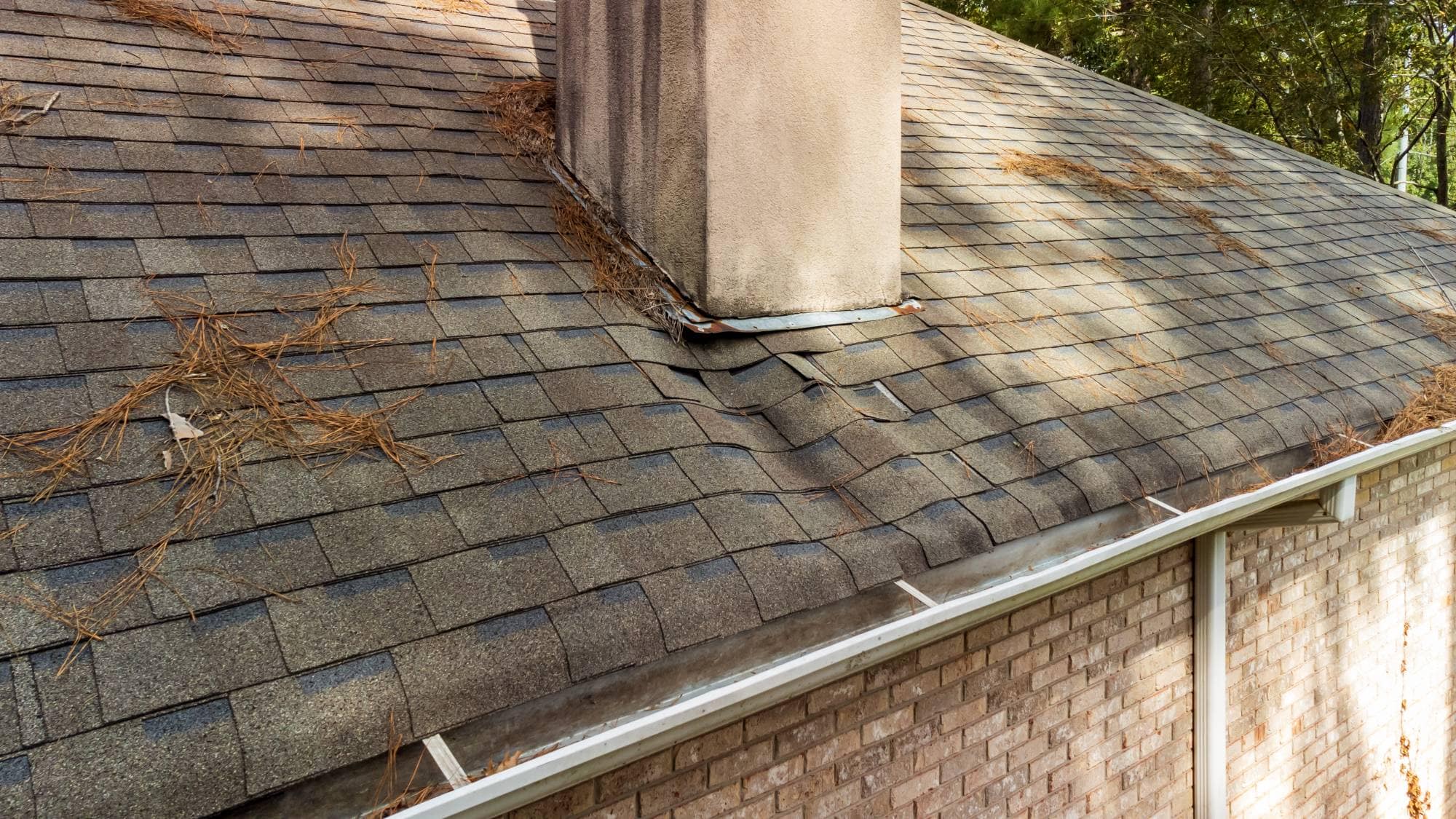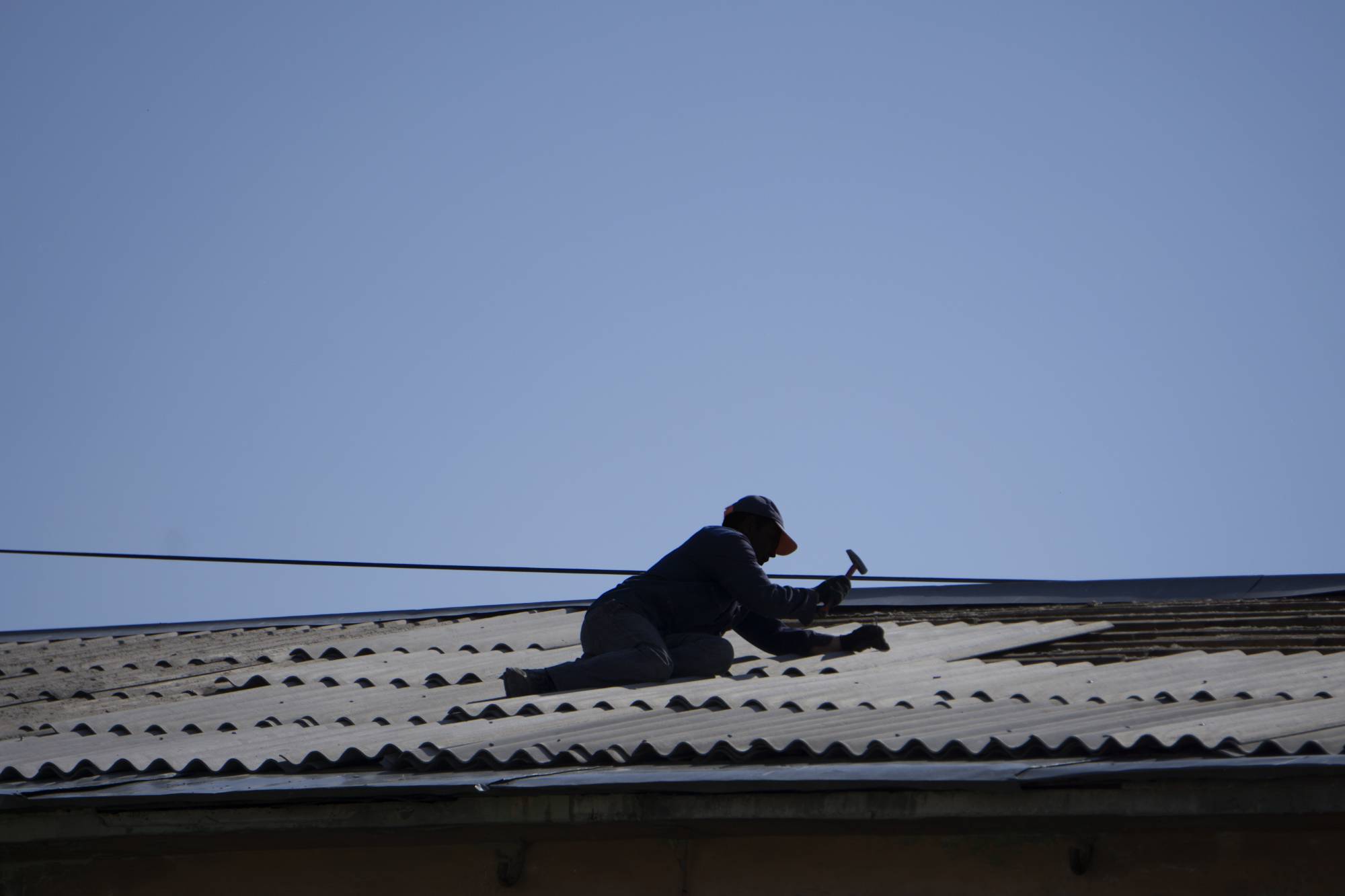Get your chimney leak fixed right the first time with local experts who understand Acushnet’s coastal weather challenges.

Hear from Our Customers

When your chimney stops leaking, everything changes. No more stains creeping down your walls. No more wondering if that next storm will cause thousands in water damage. No more lying awake during heavy rain, hoping your ceiling holds up.
You get a chimney that actually protects your home instead of threatening it. Your heating system works efficiently again. Your family stays safe and dry, and you can focus on the things that matter instead of worrying about the next repair bill.
That’s what happens when the leak is actually fixed, not just patched over until next season.
Above and Beyond Chimney has been serving Norfolk and Plymouth Counties for over 25 years. We understand exactly what Acushnet’s coastal moisture does to chimney brickwork and how the freeze-thaw cycles common in Bristol County create the specific types of damage you’re dealing with.
Our CSIA-certified technicians know the difference between a quick patch and a lasting repair. We’ve seen what works in this climate and what doesn’t. When we fix your chimney leak, we’re thinking about next winter, not just next week.
You’re not getting a generic solution. You’re getting repair methods designed specifically for the weather patterns that hit Acushnet every year.

First, we inspect your entire chimney system to find the real source of the leak. Most companies just look at the obvious spots, but water travels. We check the flashing, chimney cap, crown, and masonry to see where moisture is actually getting in.
Next, we explain what we found and what it’ll take to fix it. No surprises, no upselling, just straight talk about what needs to happen and what it costs.
Then we get to work. We use materials designed for Massachusetts weather – concrete mixes that resist freeze-thaw damage, flashing that handles coastal moisture, and waterproofing that actually breathes. We protect your home with multiple layers of drop cloths and use HEPA-filtered vacuums so you don’t have soot and debris all over your house.

Ready to get started?
Your chimney leak repair includes everything needed to stop water intrusion permanently. We repair or replace damaged flashing around the chimney base where it meets your roof. We fix cracked chimney crowns using materials that won’t crack again in Acushnet’s freeze-thaw cycles.
If your chimney cap is damaged or missing, we install a proper replacement that keeps rain and snow out while allowing proper ventilation. We address masonry damage with tuckpointing and brick replacement when needed, using materials matched to your existing chimney.
In Acushnet, we see specific patterns of damage from the coastal moisture and winter weather. Houses near the Acushnet River tend to have different issues than those on higher ground. We adjust our approach based on your home’s specific location and exposure, not just the symptoms you’re seeing.
